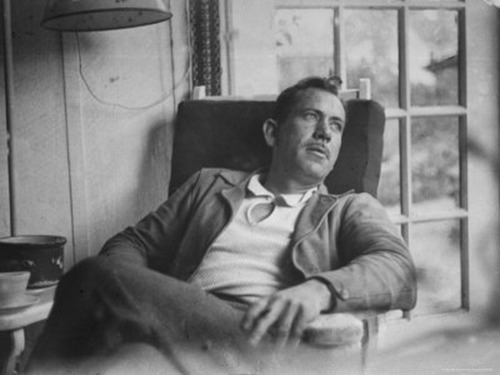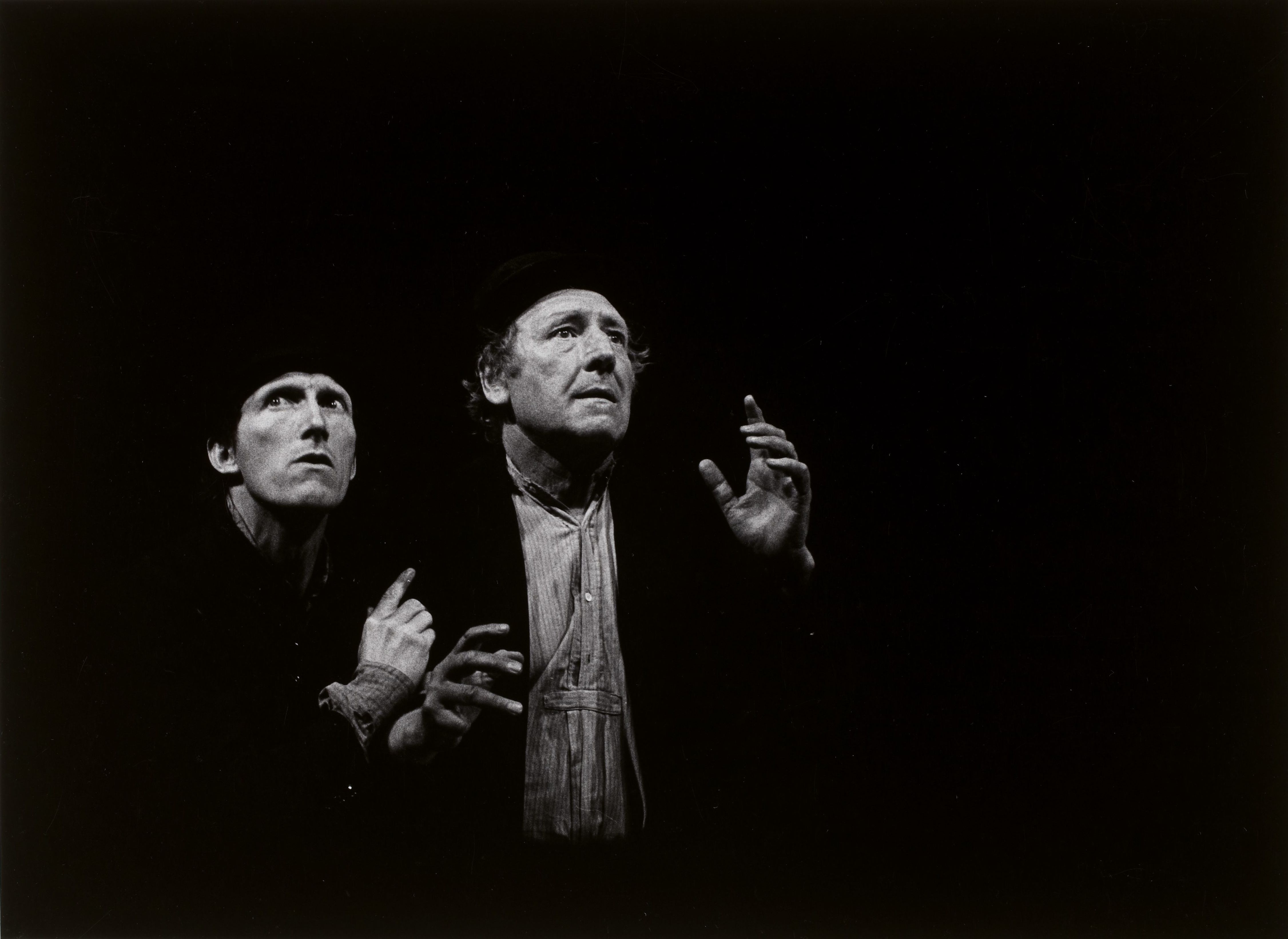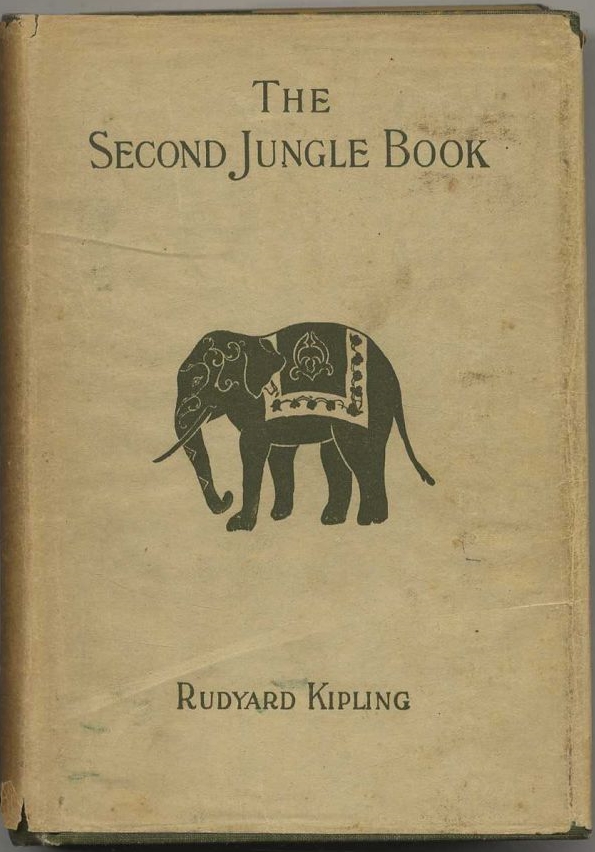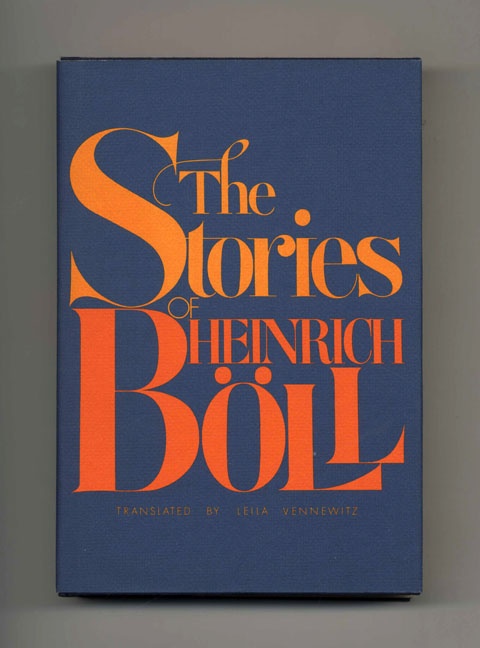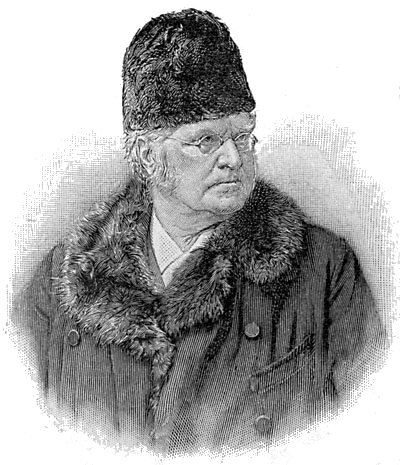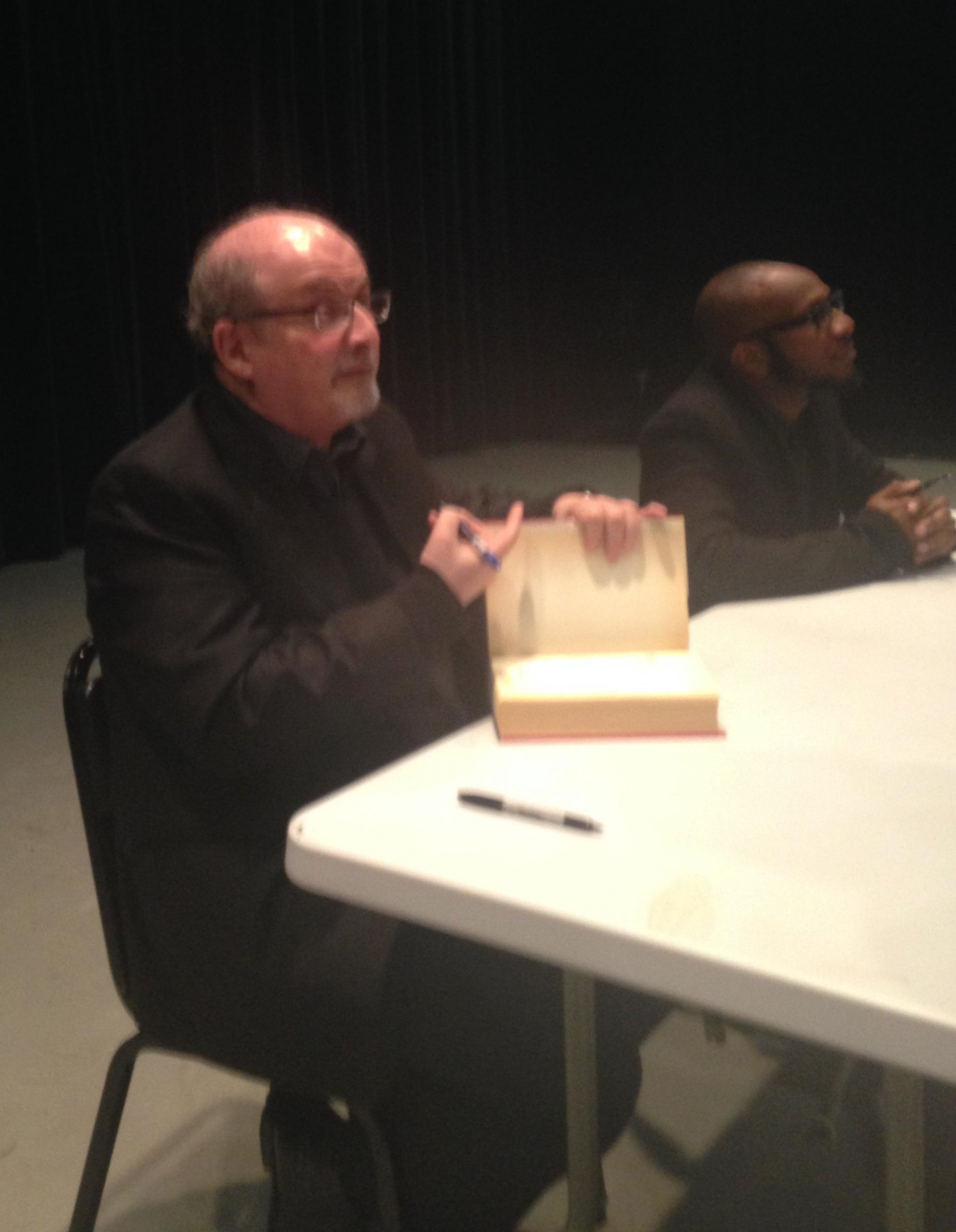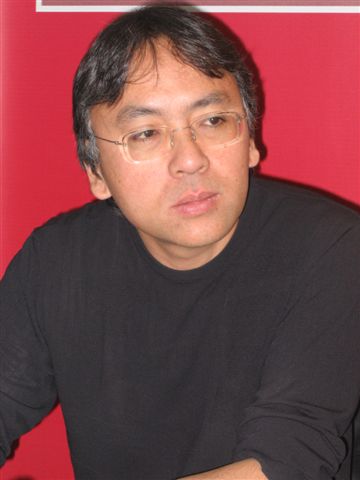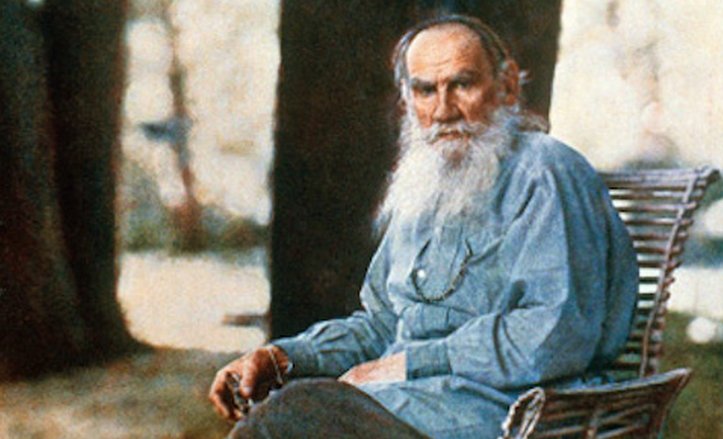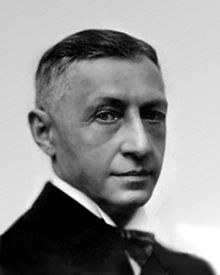Have you been hoping that an exciting book written in a language other than English will find an English-language translator? Or were you recently thinking that a work of “classic” literature could use a new and updated English-language translation? The Cecile and Theodore Margellos World Republic of Letters series, published by Yale University Press, might be exactly what you’ve been seeking. The series describes itself as one that “identifies works of cultural and artistic significance previously overlooked by translators and publishers, canonical works of literature and philosophy needing new translations, as well as important contemporary authors whose work has not yet been translated into English.” The Margellos series ultimately is “designed to bring to the English-speaking world leading poets, novelists, essayists, philosophers, and playwrights from Europe, Latin America, Africa, Asia, and the Middle East, to stimulate international discourse and creative exchange.”
Sounds great, right? There are currently more than seven dozen books in the series, with more forthcoming. We have some recommendations of our favorites for you to browse.
Read more...




